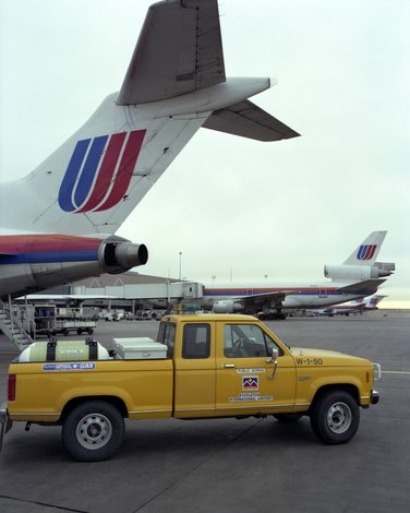
The flight took place in late July 2014 using a recently approved jet fuel developed by industrial bioscience company Amyris and energy company Total. The fuel contains 10 percent Farnesane renewable jet fuel
The fuel meets the rigorous performance requirements set for Jet A/A-1 fuel used by the global commercial aviation industry. The revised D7566 standard developed by the international standards group ASTM Committee on Petroleum Products, Liquid Fuels, and Lubricants. The revised standard allows a biomass-based renewable jet fuel on order to support commercial airliner’s goal of reducing greenhouse gas emissions.
“The ability of this renewable jet fuel to meet the criteria in the definitive standard for use in commercial aviation is a significant milestone in the ongoing collaboration between Amyris and Total” said Philippe Boisseau, Member of the Executive Committee of Total, President of Marketing & Services and New Energies divisions. “It unleashes the potential of our renewable jet fuel for the commercial aviation market. The introduction of our green fuel for the commercial aviation industry has the potential to lead to a meaningful reduction of greenhouse gas emissions with strong performance.”
The new fuel has undergone an an end-to-end evaluation program to verify and ensure that the renewable jet fuel product is compatible with aircraft and engine components and systems. In collaboration with key stakeholders of the aviation community, Amyris and Total conducted a thorough test program, from the investigation of key fuel properties to evaluation of performance at scale including multiple engine and flight tests. This renewable fuel meets jet fuel strict specifications and bears favorable properties such as low freezing point, high thermostability and high net heat of combustion. It can also reduce greenhouse gas emissions by up to 80 percent compared to petroleum fuels as well as reducing particulate matter emissions when blended with Jet A/A1 fuel at 10 percent. This will help to reduce pollution near airports and major metropolitan areas.
The first flight using the new fuel departed from Orlando, Florida, travelling to Sao Paulo, Brazil. The fuel is drop-in and can be blended with petroleum jet fuel without any changes to aircraft, engines or fuelling infrastructure.
The global aviation industry is aiming for carbon neutral growth by 2020, reducing emissions by 50 percent by 2050 compared to 2005. Amyris will now begin to quantitatively measure the positive impact to GHG emissions and air quality with every flight using the renewable jet fuel.
For additional information:

